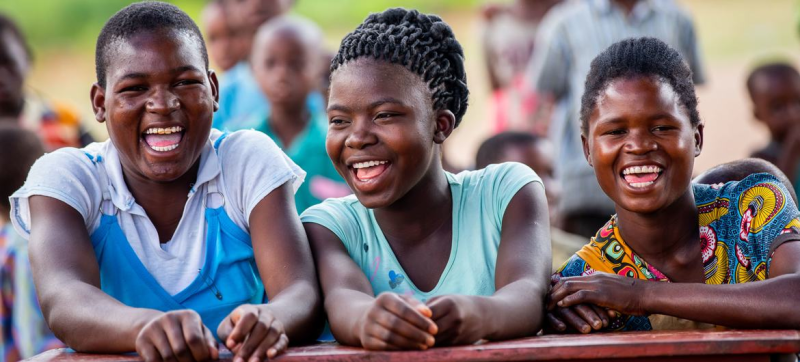- India Sees 9% Drop in Foreign Tourists as Bangladesh Visits Plunge |
- Dhaka Urges Restraint in Pakistan-Afghan War |
- Guterres Urges Action on Safe Migration Pact |
- OpenAI Raises $110B in Amazon-Led Funding |
- Puppet show enchants Children as Boi Mela comes alive on day 2 |
UN Marks First Int’l Day for Women of African Descent

Teenagers in Malawi meet to discuss the challenges faced by young people in the southern African country.
This Friday marks the first observance of the International Day of Women and Girls of African Descent, following a declaration last year by the UN General Assembly.
The day recognises their immense contributions to society, while also acknowledging the challenges they face due to the dual burden of racism and sexism.
Although women and girls of African descent embody strength, resilience, and untapped potential, they remain among the most marginalised groups globally due to intersecting racial, gender, and socioeconomic discrimination.
For example, they suffer from alarming maternal mortality rates, according to the UN’s reproductive health agency, UNFPA. In many cases, these outcomes are not linked to income or education but to racism and structural inequality rooted in the legacy of slavery and colonialism.
“The good news is these things are not irreversible,” said Patricia DaSilva, a senior programme adviser with the agency. “We can fix them. We have the solutions for many of the problems that we are facing in terms of maternal health for women and girls of African descent.”
UNFPA advocates for stronger health systems, investments in midwifery programmes, culturally sensitive training for healthcare providers, and improvements in data collection.
The agency also supports partnerships, such as an initiative in Colombia’s Pacific region, home to large communities of people of African descent.
“We have worked with traditional midwives to integrate ancestral knowledge with modern health practices. This includes supporting accurate birth registration,” DaSilva explained.
“It sounds like a really simple thing, but when you are in a remote community without access to technology or administrative offices, it becomes a very important issue.”
Ms DaSilva highlighted the theme for the International Day, which emphasises women and girls of African descent as leaders—not merely beneficiaries.
“I think it is important that the international community understands that women and girls of African descent are not just recipients of aid. They are leaders. They are innovators. They are agents of change,” she said.
“We have an opportunity, an obligation, and a responsibility to support their efforts, fund their solutions, amplify their voices, and double down on dismantling the structural barriers that hinder their progress.”
The first celebration of the International Day also coincides with the launch of the Second International Decade for People of African Descent, which runs through 2034.

